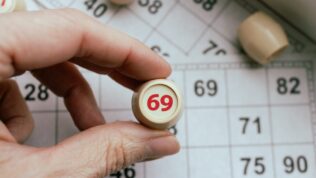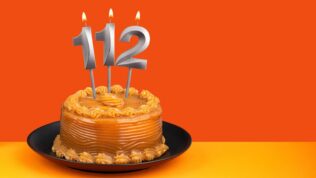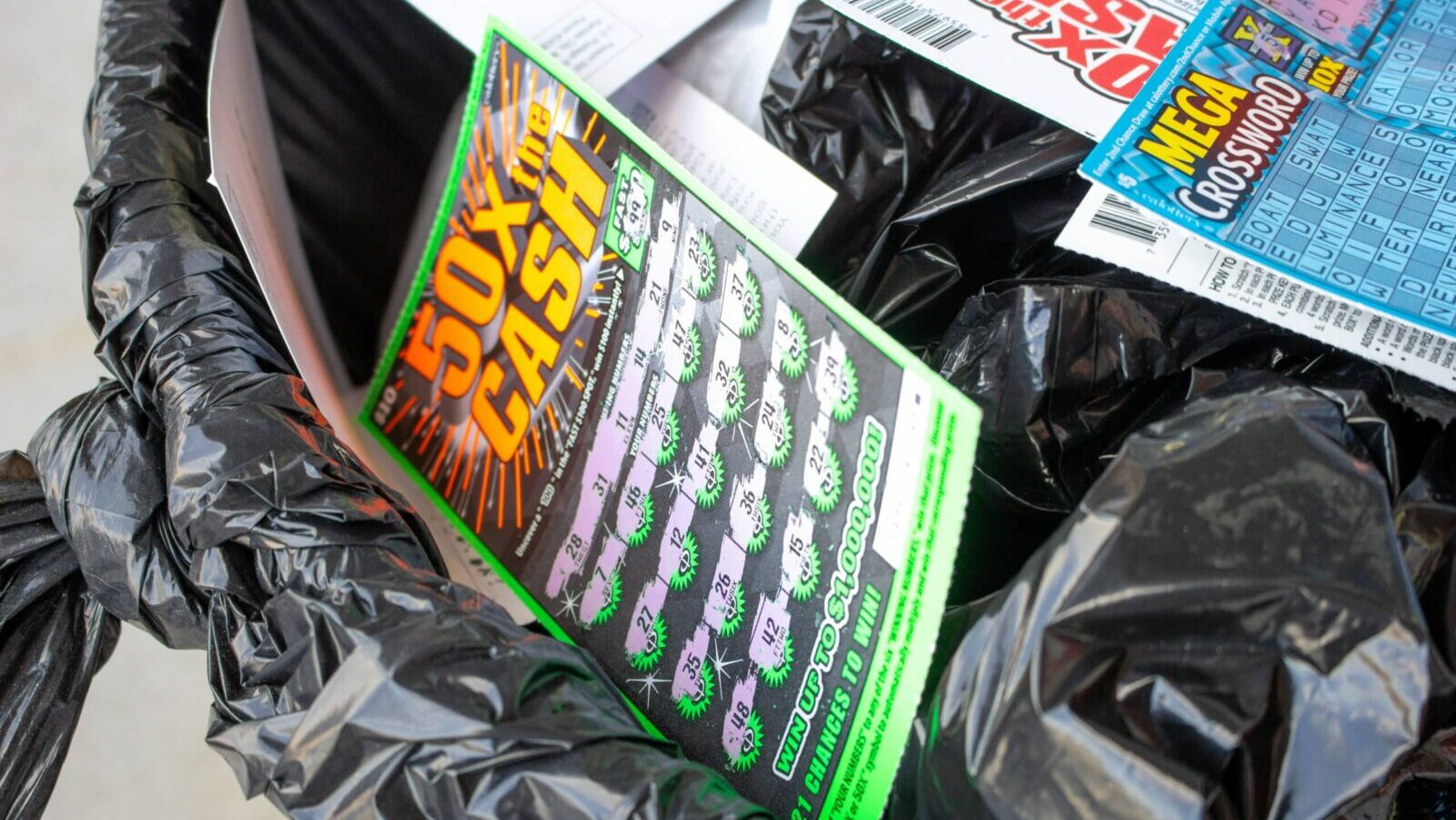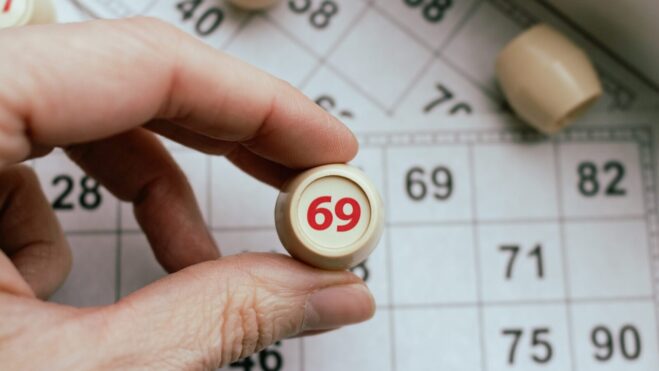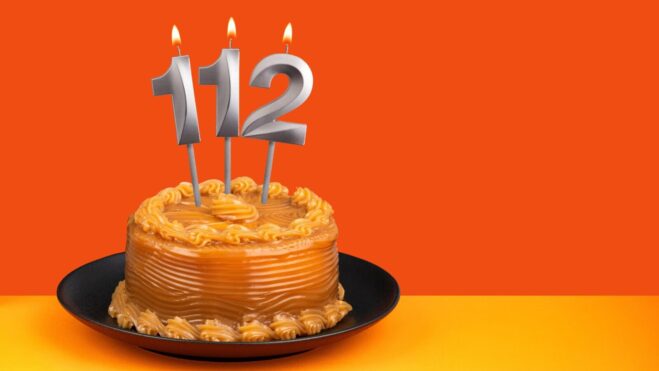There’s a certain distinction in film that only a select few movies have ever achieved. A movie has to be truly unique — something no one’s ever seen before — to earn it. And as for the movies that do earn it, few people ever actually see them.
No, we’re not talking about the Best Picture award at the Oscars. We’re talking about an “F” CinemaScore.
For non-movie buffs, a CinemaScore is a rating awarded by the company CinemaScore after analyzing moviegoers’ opinions on a movie’s opening night. If a movie gets an “A” it bodes well for the movie’s future. If it gets an “F” it’s cinematic scum that never deserved to see the light of day.
One of those “F” movies, 2000’s “Lucky Numbers”, almost had a chance to be better. After all, it was inspired by one of the biggest lottery scandals of all time.
The 1980 Pennsylvania lottery scandal started with one TV host
The setting: Pittsburgh. 1980. Nick Perry was a local TV giant who hosted one of the most popular shows in Pennsylvania: the lottery drawing show “The Daily Number”. Unfortunately, fame and fortune weren’t enough for the man, and he decided to rig his own game on April 24 of that year. If everything went right, he’d share $1.2 million with his co-conspirators. If it went wrong, he’d land in jail. Guess which one happened.
It all started with a plot to duplicate the ping pong balls that comprised the on-air drawing. For this, the charismatic Perry enlisted Joseph Bock, the art director at his TV studio. So, as Perry continued to recruit people, including Edward Plevel, a Pittsburgh lottery official, Bock experimented with different ways to weigh down the duplicate balls. He first tried with baby powder, sugar and Vaseline before discovering that he could inject the balls with white latex paint. On the chosen night, a stagehand would plant the rigged balls in the drawing room, ensuring that only eight possible combinations would arise on April 24: 444, 446, 464, 466, 644, 646, 664 … and 666.
Once April 24 came around, everything actually went according to plan. Perry’s business partners Jack and Peter Maragos drove around buying lottery tickets with the eight possible combinations. Everyone involved split the $1.2 million ($4.4 million in today’s dollars). Bock even took the rigged ping pong balls after the drawing and burned them.
But perhaps the winning number that came up that night, “666,” should have been a warning of things to come.
Nick Perry soon discovered that his “friends” were anything but
The problems started when authorities noticed the odd betting patterns on that day, leading Pittsburgh bookies to mutter about the so-called “666 incident.” But by the time the Pennsylvania Governor began investigating it, it was already over. The Maragos eventually flipped on Perry to avoid prison, condemning Perry and a co-conspirator to up to seven years in jail. Perry ended up spending two years in prison and another year in a half-way house before briefly returning to television. He died at the age of 86 in 2003.
Certain ramifications followed. For one, lotteries stopped drawing ping pong balls in big jackpot games. Additionally, more officials attend every drawing in Pennsylvania now. “It would be virtually impossible” to rig the numbers, said one spokeswoman for the state.
Still, the biggest sentiment that most people expressed following the incident was that it all sounded like a movie. Naturally, this was exactly what comedian and screenwriter Adam Resnick had in mind when he wrote the script for 2000’s “Lucky Numbers”.
Adam Resnick wrote “Lucky Numbers” with his childhood in mind
A Harrisburg, PA native, Resnick remembered the incident well. “I found myself scribbling down notes about this lotto thing,” he told Vulture in 2015. “I was obsessed with the story — the classic ‘what were they thinking?’ type of crime where the plan is so stupid and complicated and carelessly executed — yet it’s driven by some sort of desperation.”
But he never aimed to make a straightforward adaptation, and ultimately sculpted the character of Nick Perry into a local weatherman. He also populated his story with various scummy residents, including an asthmatic chronic masturbator played by documentarian Michael Moore. The result was a dark, twistedly funny tale of greed and stupidity.
However, once Paramount Pictures came calling, Resnick lost all control over his script. First, they chose famed rom-com director Nora Ephron to helm the movie, ensuring that it would become a broad comedy. The character of Perry became more of a loveable buffoon. Ephron then insisted on John Travolta for the Perry role, even though George Clooney had expressed interest in it.
Resnick began to suspect that Ephron was trampling on his creative vision, especially after he saw part of the movie and realized she’d made Harrisburg look “beautiful.” Then the cuts started coming: Ephron replaced Resnick’s artful, complex montages in the script with bland, stilted rom-com stills that would look more appropriate in her better-received classics (“When Harry Met Sally” and “Sleepless in Seattle”). Finally, after deciding to reshoot the ending Resnick had crafted, the studio dropped him altogether and hired a new writer for it.
Even before the movie’s October 27, 2000 debut, Resnick knew what would happen. “I’m a fairly stupid guy, but I could tell it wouldn’t work,” he told Vulture.
And he was right.
“Lucky Numbers” wasn’t a hit with critics or audiences
The movie, which now has a Rotten Tomatoes score of 22 percent, led Michael O’Sullivan of The Washington Post to write, “Ephron doesn’t look as if she has her heart in the job … Yes, the film is dark (literally as well as figuratively, since certain scenes are almost murky), but the director doesn’t seem to want to acknowledge that the material is as cantankerous as it is.” Other critics went further — like Elvis Mitchell of The New York Times and Lisa Schwarzbaum of Entertainment Weekly, both of whom accused Ephron of treating the material with condescension.
Even Travolta didn’t emerge unscathed: He was nominated for the dubious title of “Worst Actor” at the Golden Raspberry Awards that year. But to be fair, he also starred in the famous bomb “Battlefield Earth” in 2000 as well. However, Travolta’s co-star, Lisa Kudrow, did manage to draw accolades for her perky turn in “Numbers”, ensuring that the movie had at least something to offer.
Still that “something” wasn’t enough, and the movie only made back $10,890,222 of its $63 million budget, relegating it to the back of the aisle at Blockbuster. The worst part was that it didn’t even achieve cult status in the years that followed. It was just normal bad. Now, Resnick has practically disowned the film, while it remains a blight on Ephron’s otherwise stellar resume. And if you ask Paramount, they’ll refuse to admit it ever existed. Thus ends the one-promising story of a singular story of obsession and idiocy — one that might have become a cult classic in better hands.
But there’s one thing that Lucky Numbers has going for it to this day. It accomplished a feat that not many movies can be proud of. It got that “F” Cinemascore. Kudos!


